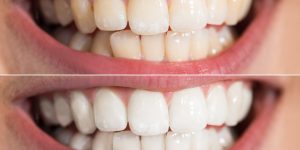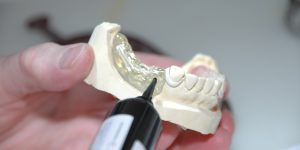What is root canal treatment? Root canal treatment (also called “endodontics”) is needed when the blood or nerve supply of the tooth (called the “pulp”) is infected through decay or injury. You may not feel any pain in the early stages of the infection. In some cases, your tooth could darken in colour, which may mean that the nerve of the tooth has died (or is dying). This would need root canal treatment.
Why is root canal treatment needed? If the pulp becomes infected, the infection may spread through the root canal system of the tooth. This may eventually lead to an abscess. An abscess is an inflamed area in which pus collects and can cause swelling of the tissues around the tooth. The symptoms of an abscess can range from a dull ache to severe pain, and the tooth may be tender when you bite. If root canal treatment is not done, the infection will spread and the tooth may need to be taken out.
Does root canal treatment hurt? No. Usually, a local anaesthetic is used and it should feel no different to having an ordinary filling done. There may be some tenderness afterwards but this should gradually get less over time.
What does it involve? The aim of the treatment is to remove all the infection from the root canal. The root is then cleaned and filled to prevent any further infection. Root canal treatment is a skilled and time-consuming procedure. Most courses of treatment will involve two or more visits to your dentist. At the first appointment, the infected pulp is removed and any abscesses can be drained. The root canal is then cleaned and shaped ready for the filling. A temporary filling is put in and the tooth is left to settle. The tooth is checked at a later visit and when all the infection has cleared, the tooth is permanently filled.
What if I don’t have the treatment? The alternative is to have the tooth out. Once the pulp is destroyed it can’t heal, and it is not recommended to leave an infected tooth in the mouth. Although some people would prefer to have the tooth out, it is usually best to keep as many natural teeth as possible.
Will the tooth be safe after treatment? Yes. However, because a “dead” tooth is more brittle, you may need to have a crown to provide extra support and strength to the tooth.












